- Home
- About LASEPA
- Departments
- Zonal Office Directorate
- Noise Control Department
- Water & Land Pollution Control Department
- Research and Development Department
- Chemical & HMM Department
- Natural Resource Protection
- Laboratory Services Department
- Enforcement Department
- Finance and Accounts Department
- Internal Audit Unit
- Admin & Human Resources Department
- Public Relations Unit
- Billing Unit
- Information, Communication Technology Unit
- Environmental Sustainability (E-Waste And Plastic Solution) Unit
- Hydrocarbon & Gases Storage Unit
- Data Management, Enquiries & Complaints Unit
- Legal Unit
- Engineering Unit
- Budget & Planning Unit
- Procurement Unit
- Air Quality and Emission Control Unit
- Monitoring and Compliance department
- Partnership Grants Managements and Innovation Unit
- Environmental Laws
- Regulatory Services
- Press
- Air Quality
- Trade | Các mẹo chơi xóc đĩa Sunwin dễ thắng nhất | Lagos State Environmental Protection Age…
- Trade | Các mẹo chơi xóc đĩa Sunwin dễ thắng nhất | Lagos State Environmental Protection Age…
- Home
- About LASEPA
- Departments
- Zonal Office Directorate
- Noise Control Department
- Water & Land Pollution Control Department
- Research and Development Department
- Chemical & HMM Department
- Natural Resource Protection
- Laboratory Services Department
- Enforcement Department
- Finance and Accounts Department
- Internal Audit Unit
- Admin & Human Resources Department
- Public Relations Unit
- Billing Unit
- Information, Communication Technology Unit
- Environmental Sustainability (E-Waste And Plastic Solution) Unit
- Hydrocarbon & Gases Storage Unit
- Data Management, Enquiries & Complaints Unit
- Legal Unit
- Engineering Unit
- Budget & Planning Unit
- Procurement Unit
- Air Quality and Emission Control Unit
- Monitoring and Compliance department
- Partnership Grants Managements and Innovation Unit
- Environmental Laws
- Regulatory Services
- Press
- Air Quality
- Trade | Các mẹo chơi xóc đĩa Sunwin dễ thắng nhất | Lagos State Environmental Protection Age…
- Trade | Các mẹo chơi xóc đĩa Sunwin dễ thắng nhất | Lagos State Environmental Protection Age…
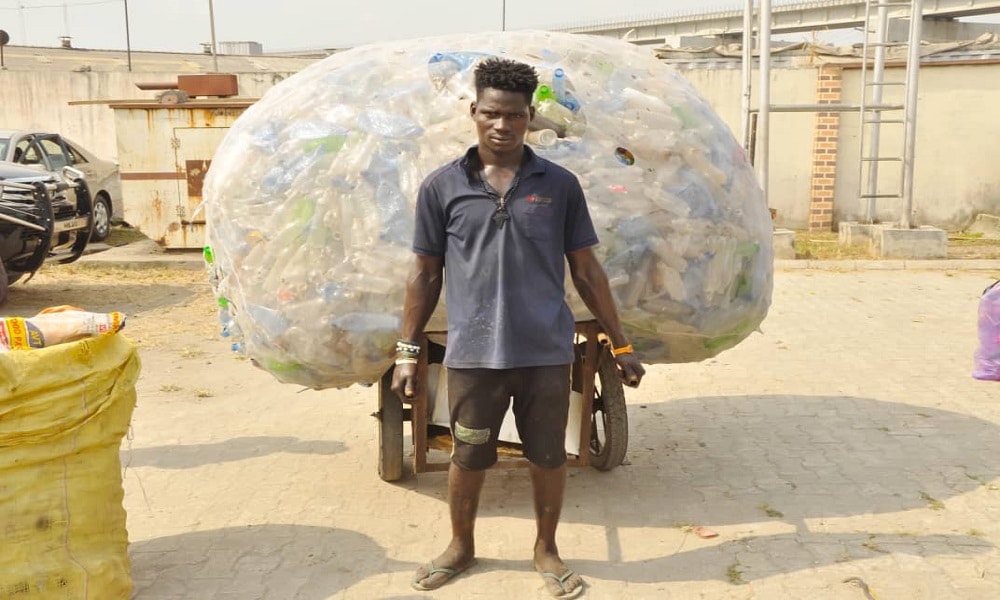
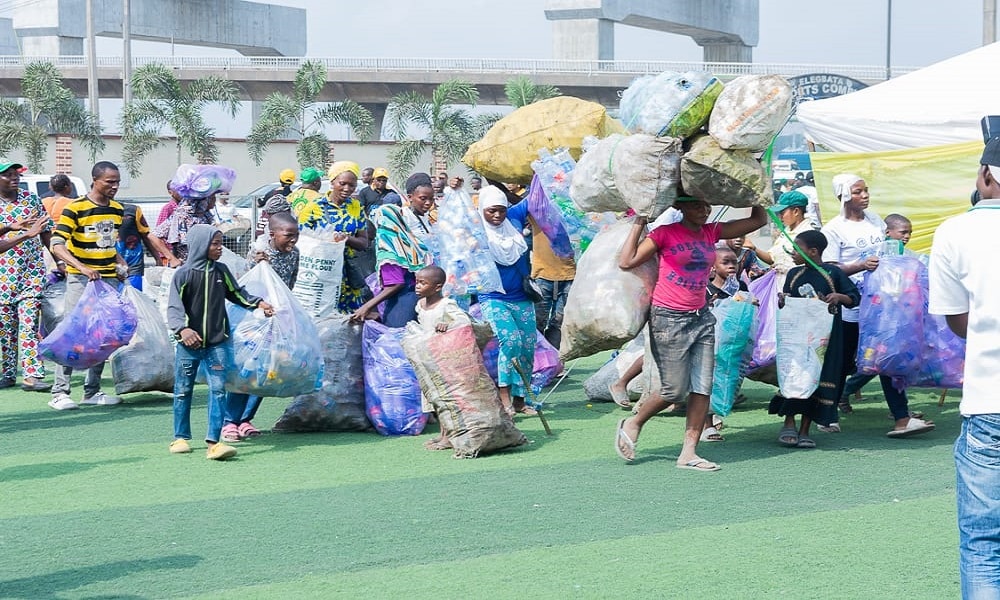
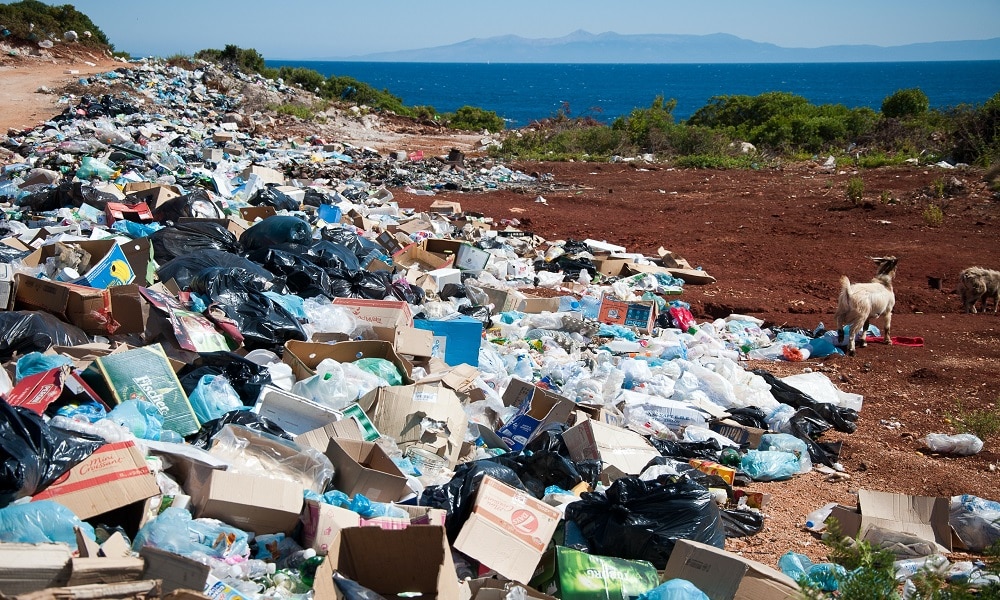
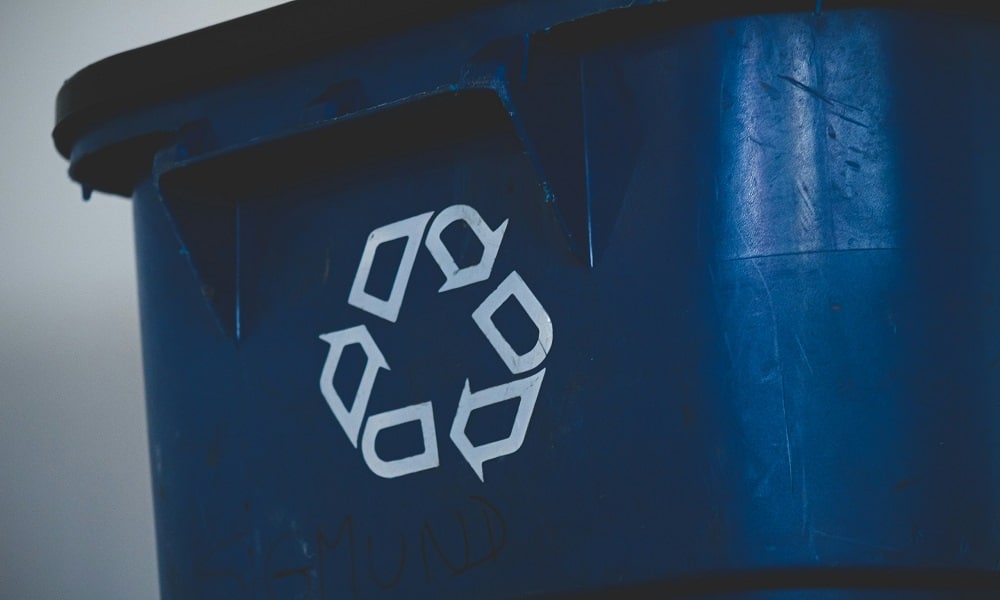
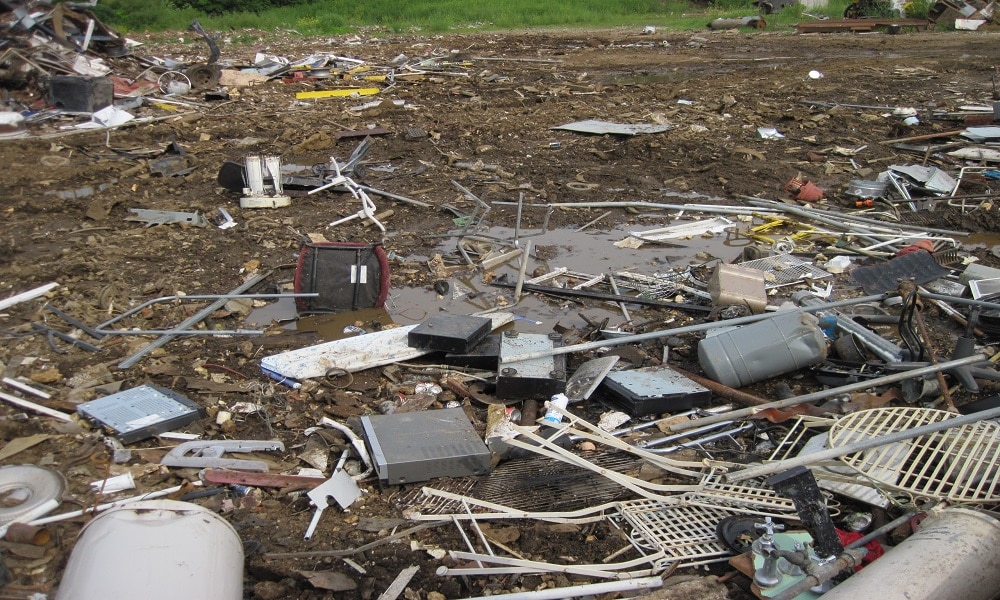
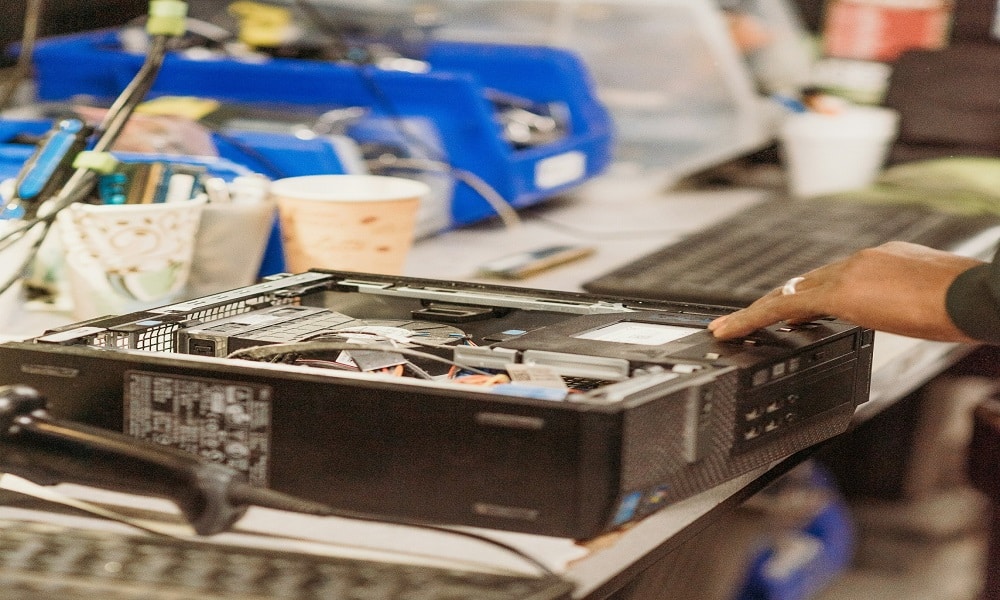
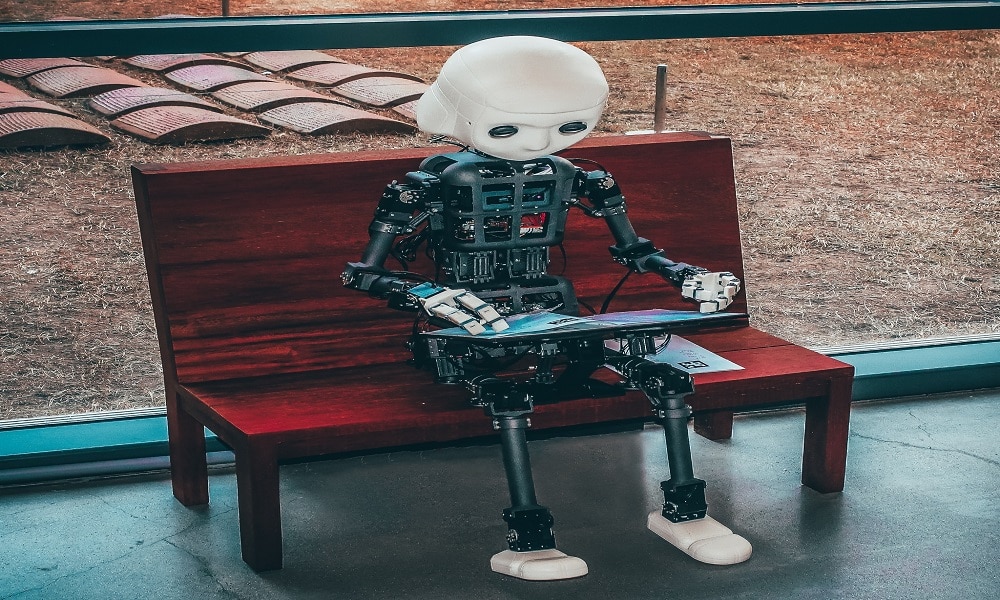
E-Waste Management Unit

Mrs Adebayo Adedayo
Asst Director, E-Waste Management Unit
Functions
1. Development of appropriate technology for safe management of E-Waste handling, storage, recovery, recycling, transport, control, treatment and disposal.
2. Preparation and drafting of E-Waste and Single-Use plastic regulation for the State; and monitoring the activities of the Consultant in charge of E-Waste stockpiling.
3. Sensitization, Awareness and Advocacies to enlighten the general public on the dangers of improper disposal and management of WEEE thus resulting in minimizing the generation of E-WASTE in the State.
4. Mobilization of Stakeholders on the proper management and handling of E-waste and Single-Use plastics on sustainable basis.
5. To develop and implement a critical human resource base, knowledgeable in Handling E-waste and Single-Use plastics.
6. Collaboration with relevant stakeholders to develop beneficial environmentally-sound E-waste and Single-Use plastics recycling.
7. Awareness among members of Cooling Parts Dealers Association.
8. Training of Informal Sector.
9. Commemoration of International E-waste Celebration.
10. Sanctioning of Illegal Scrap yard.
11. Attending to public complaints with respect to e-waste and single-use plastics.
FREQUENTLY ASKED QUESTIONS
Q1. What is E-waste?
ANS: They are described as discarded electrical and electronic materials that has reached the end of its useful life which are destined for refurbishment, reuse, resale, salvage recycling through material recovery or disposal.
Q2. What are the categories of E-waste?
ANS: Categories of E-waste include:
Major appliances/ household: Refrigerators, washing machines, dish washers, water dispensers, Television sets, Home theatres etc.
Small appliances such as Irons, blenders, vacuum cleaners, air fryers, rice cookers etc.
Computer and telecommunication appliances: Laptops, computers, mobile phones etc
Office equipments: Typewriters, photocopiers, scanners, printers, telephones etc
Cooling equipments: Air conditioners, Refrigerators, deep freezers etc.
Lighting appliances: Fluorescent bulbs, solar panels, Batteries, inverters etc.
Q3. How does it affect me and the environment?
ANS: -Improper and indecent management and disposal of these appliances at the end of its useful life poses great risks to humans and its environment generally.
– Burning of lead and coppers from some of these appliances is dangerous to human health and can pollute the atmosphere and the environment at large
-Discharge of toxic chemicals from some of the appliances can seep into the ground water affecting both land and sea animals including our water bodies
Q4. How does improper E-waste management affect Climate Change?
ANS: This can occur when these appliances are burned and dismantled hence releasing dangerous and toxic chemicals and gases into the atmosphere
Q5. Can I refurbish and sell my E-waste?
ANS: E-waste materials can be refurbished and recycled if given to the proper E-waste vendors.
Q6. What are the requirements to be an e-waste collector in the state?
ANS: -A good collection centers for the E-waste materials
-The collector must be properly trained for the handling of E-waste
-Adequate manpower
-Must be an accredited E-waste collector with Lagos State by obtaining LASEPA E-waste permit.
DEPARTMENTS / UNITS
- Zonal Office Directorate
- Noise Control Department
- Water & Land Pollution Control Department
- Research and Development Department
- Chemical & HMM Department
- Natural Resource Protection
- Laboratory Services Department
- Enforcement Unit
- Finance and Accounts Department
- Admin & Human Resources Department
- Billing Unit
- Information, Communication Technology Unit
- Internal Audit Unit
- E-Waste Management Unit
- Hydrocarbon & Gases Storage Unit
- Public Relations Unit
- Data Management, Enquiries & Complaints Unit
- Legal Unit
- Engineering Unit
- Budget & Planning Unit
- Procurement Unit
- Monitoring and Compliance department
- Air Quality and Emission Control Unit
- Partnership Grants Managements and Innovation Unit
- Home
- Air Quality
- Trade | Các mẹo chơi xóc đĩa Sunwin dễ thắng nhất | Lagos State Environmental Protection Age…
- Trade | Các mẹo chơi xóc đĩa Sunwin dễ thắng nhất | Lagos State Environmental Protection Age…

